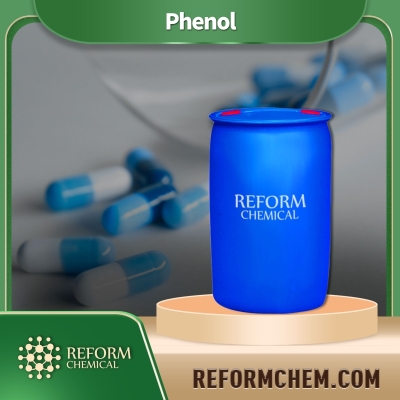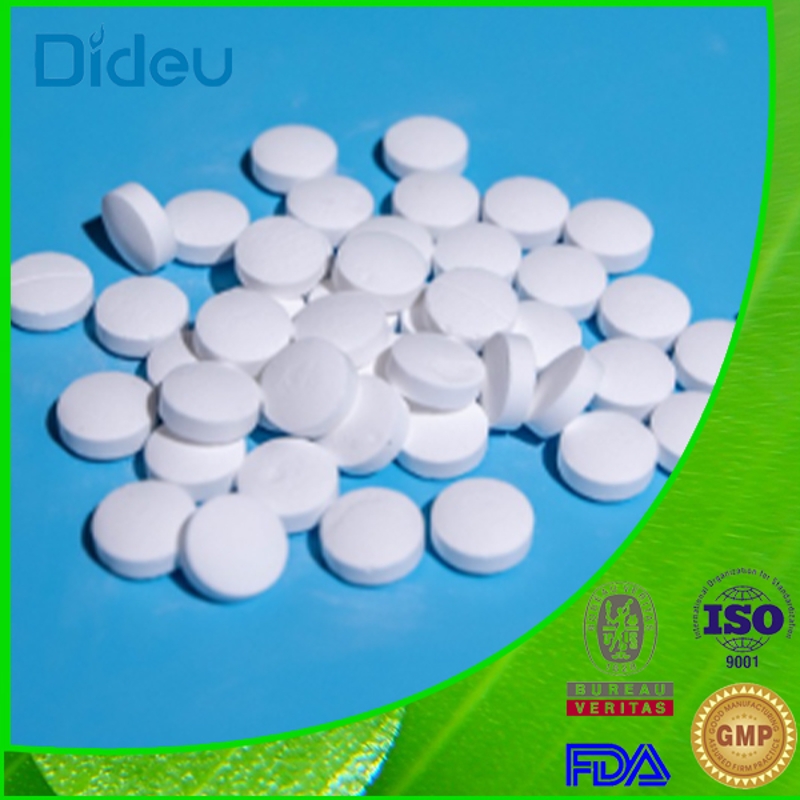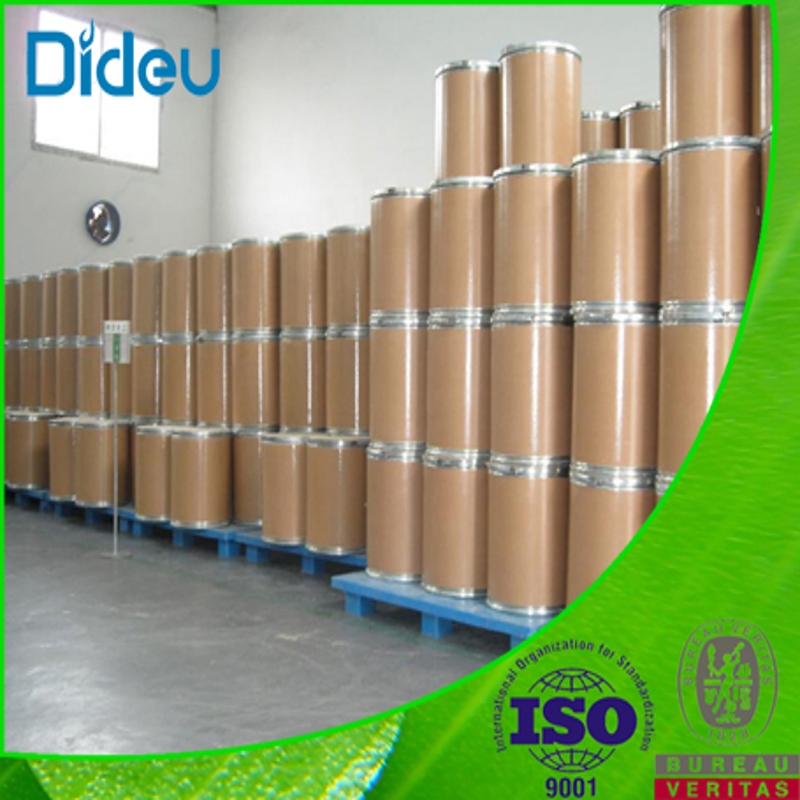-
Categories
-
Pharmaceutical Intermediates
-
Active Pharmaceutical Ingredients
-
Food Additives
- Industrial Coatings
- Agrochemicals
- Dyes and Pigments
- Surfactant
- Flavors and Fragrances
- Chemical Reagents
- Catalyst and Auxiliary
- Natural Products
- Inorganic Chemistry
-
Organic Chemistry
-
Biochemical Engineering
- Analytical Chemistry
-
Cosmetic Ingredient
- Water Treatment Chemical
-
Pharmaceutical Intermediates
Promotion
ECHEMI Mall
Wholesale
Weekly Price
Exhibition
News
-
Trade Service
Atovaquone is an antibiotic drug that is used to treat a variety of bacterial infections, including infections of the skin, respiratory tract, and urinary tract.
It is also sometimes used off-label to treat other types of infections.
Atovaquone is a chelating agent that binds to and inactivates certain enzymes that are essential for bacterial growth.
In terms of safety, atovaquone is generally considered to be well-tolerated when used for short periods of time.
However, it can cause side effects in some people, including nausea, vomiting, and diarrhea.
In rare cases, it can also cause more serious side effects, such as allergic reactions, kidney problems, and liver damage.
One potential safety concern with atovaquone is its ability to bind to certain metals, such as iron and copper.
This can lead to a deficiency of these essential minerals, which can have negative effects on health.
For this reason, people who are taking atovaquone should be careful to avoid foods and supplements that are high in these metals, and may need to take supplements to ensure they are getting enough of them.
Another potential safety concern with atovaquone is its potential to interact with other drugs.
It can increase the blood levels of certain medications, such as cyclosporine and tacrolimus, which can lead to increased side effects.
It can also reduce the effectiveness of some antibiotics, such as aminoglycosides.
People taking atovaquone should therefore be careful to tell their doctor about any other medications they are taking, and should follow their doctor's instructions carefully.
In terms of environmental safety, atovaquone is generally considered to be safe for use in animals and the environment.
It is not very soluble in water, which means it is not likely to be widely distributed in the environment.
It is also metabolized and excreted quickly, which means it is not likely to accumulate in the body or the environment.
Overall, atovaquone is a useful antibiotic drug that is generally well-tolerated when used for short periods of time.
However, it can cause side effects and interact with other drugs, so it is important to use it carefully and follow your doctor's instructions.
It is also safe for use in animals and the environment.







